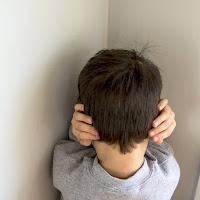Obsessions in Kids on the Autism Spectrum

"Why is my 6-year-old son (high functioning autistic) so engrossed in Minecraft, and how can I tell if it is an unhealthy obsession rather than just a fun time activity for him?" The intensity and duration of the child’s interest in a particular topic, object or collection is what determines whether or not it has become an “obsession.” Children with Aspergers and High-Functioning Autism (HFA) will often learn a lot about a thing they are obsessed with, be intensely interested in it for a long time, and feel strongly about it. There are several reasons why these kids may develop obsessions, including: they can get a lot of enjoyment from learning about a particular subject or gathering together items of interest those who find social interaction difficult might use their special interests as a way to start conversations and feel more self-assured in social situations obsessions may help children cope with the uncertainties of daily life obsessions may help children





